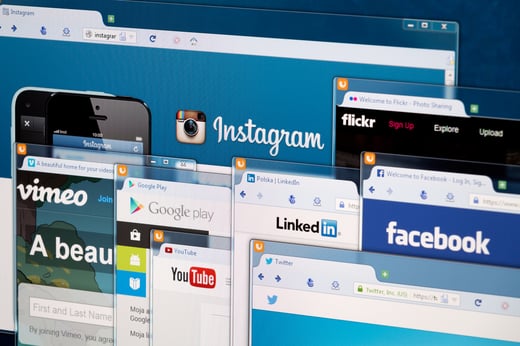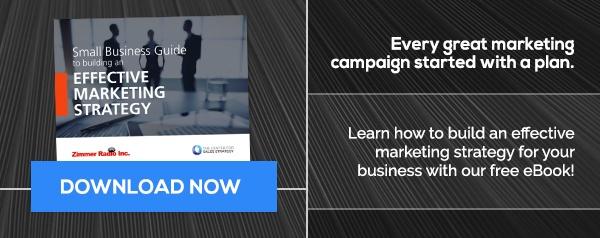
The popularity of Google for search has made Google Ads the default choice of some marketers for digital marketing. According to statcounter.com, Google's share of the search engine market held steady at 92% in 2019. Google has helped drive up the desirability of advertising on its applications through new initiatives like local service ads (LSA), "Google Guaranteed" badges, and Google My Business (GMB) profiles in addition to the original Google AdWords program. But is Google Ads a comprehensive marketing strategy? Even though Google Ads is used by about 35% of all websites, its effectiveness depends on the need of a customer for a product or service. While Google Ads can capture a customer who has an immediate need, it may not be the optimal advertising channel for those who are not actively seeking a solution. In fact, comparing it with radio, social media, and video advertising, and even simple Search Engine Optimization (SEO) indicates that Google Ads is not necessarily the channel with the best ROI.
Radio Advertising
The radio continues to be a ubiquitous communications medium in spite of the emergence of TV and the internet. One reason for its tenacity is the automobile. An article on Zimmer Marketing that lists the many ways radio can reach customers indicates that "radio has the greatest share of ear-in-car" with about 82% of adults listening to the radio in their cars. The same article also mentions that:
- 93% of radio listeners do not change stations during commercial breaks if they are less than a minute long. So advertisers can periodically rebroadcast their commercials without the risk of losing listeners.
- ROI for the radio is excellent. Every dollar spent on radio advertising resulted in an incremental sale of $6 for an ROI of 500%. Compare that with the 100% ROI for Google Ads per mainstreetroi.com.
The radio will continue to be an effective advertising medium for the foreseeable future due to its captive audience in cars. Even in commercial-free stations like NPR, there are opportunities for advertising in between programs and during their fundraising events. New innovations in radio like Alexa skills and streaming services have strengthened the loyalty of listeners to radio stations. Radio ads can inform listeners about new trends in the market and products and services that can potentially improve their lives.
Google Ads
Google Ads' focus is on searcher task accomplishment, i.e., how to figure out the real intent of a customer from the search terms she uses so as to connect her to the right business as quickly as possible. Techniques like SEO and initiatives like LSA will continue to improve search task accomplishment. But since they are triggered by user searches, advertisements on Google cannot educate consumers on what they are not even aware of needing.
Social Media
The widespread availability of smart mobile devices has enabled people to stay connected round the clock and around the globe. This perpetual connectivity and easy accessibility have made social media an effective advertising medium. The average time that an individual spent on social media in 2018 is 144 minutes each day which is more than double the time from 2012. A close look at the many benefits of social media marketing reveals that,
- 90% of consumers have used social media to connect to a business, and,
- 80% of marketers believe that social media help improve customers' access to businesses.
Social media has become a powerful channel for customers to air their complaints and get their grievances addressed by businesses. By the same token, good ratings by happy customers help increase customer traffic.
YouTube
Forbes reports that YouTube is only behind Google in search volume. Forbes also reports that:
- 55% of customers regularly watch videos online,
- 59% of senior executives prefer video over text, and,
- 90% of customers find videos helpful in deciding about product purchases.
Since people prefer to watch short videos rather than read long articles to learn about products or projects, it is not surprising that YouTube has become a repository for video tutorials and instructions. So just like Google Ads, advertising on YouTube is effective in capturing customers when they have a specific need to be addressed. Social media too is tapping into the video advertising market since video watchers tend to linger longer at websites that host them.
Though Google Ads is a great way to advertise to customers who are already looking for a solution, it is not effective in educating customers about a product or a service that can improve their lives by solving a problem that the customers are not even aware that they have. For advertising that raises the customers' awareness, traditional marketing channels like radio and TV and some digital ones like social media and YouTube videos are more effective. Radio, in particular, is a medium that marketers must include in their advertising strategy due to its near-universal reach and captive audience.

